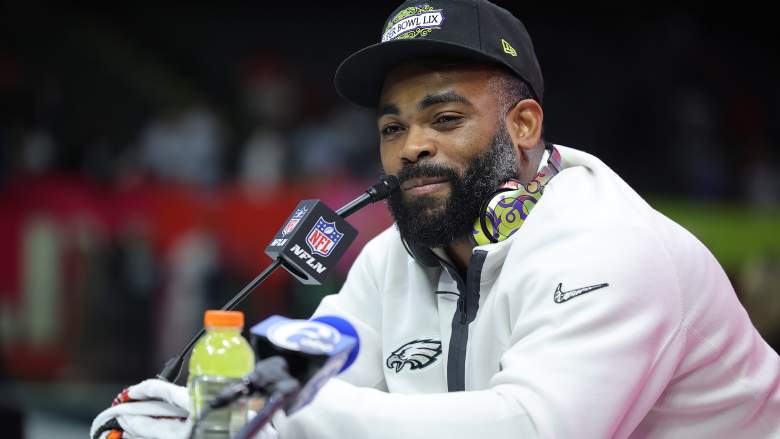Candidates for National Security Positions Face Loyalty Questions in Trump Administration

Candidates for national security roles in the Trump administration face loyalty questions affirming alignment with Trump's views on the 2020 election and January 6, raising concerns about impartiality in intelligence.
Candidates for top national security positions in the Trump administration have been subjected to questions aimed at determining their alignment with President Trump's false claims regarding the 2020 election and the January 6 Capitol riot. Sources familiar with the matter reported that several current and former officials were asked simple "yes" or "no" questions to identify their loyalty to the president's agenda.
Two former officials being considered for intelligence community roles were specifically asked if January 6 was "an inside job" and if the 2020 presidential election was "stolen." Those who did not provide the desired affirming answers were reportedly not selected for the positions.
Such loyalty assessments were not limited to intelligence roles; individuals applying for senior positions in FBI field offices also encountered similar inquiries about their views on who the "real patriots" were on January 6 and who won the 2020 election.
John Bellinger III, a former senior counsel in the Bush administration, criticized the practice, arguing that while political views may legitimize certain appointees, they should not dictate hiring within intelligence and law enforcement, where impartiality is crucial.
Amid an atmosphere of tension within the FBI and intelligence community, interim Department of Justice leaders appointed by Trump began forcing changes, including the removal of senior leaders and a review of personnel involved in January 6 cases.
The controversial questions reflect deeper issues within the intelligence community, with polarized perceptions following years of partisan rhetoric. There are also concerns about the integrity of intelligence assessments being compromised by political loyalty to a particular president or policy.
Former officials emphasized that the primary role of intelligence agencies is to provide unbiased information to the government regardless of political affiliation, contrasting current loyalty inquiries with historical loyalty investigations during events like the McCarthy era.
Recent polling indicates increasing polarization regarding trust in intelligence agencies, with Republican perceptions taking a notable turn against organizations historically viewed with skepticism by Democrats.
The extensive screening process in the Trump administration also reviewed candidates' social media and past political activities to ensure alignment with Trump's views.
While some professionals advocate for modernization and efficiency within the intelligence community in response to the influence of Trump and allies like Elon Musk, the recent loyalty questionnaire has raised concerns about the potential erosion of nonpartisan intelligence assessments.



















